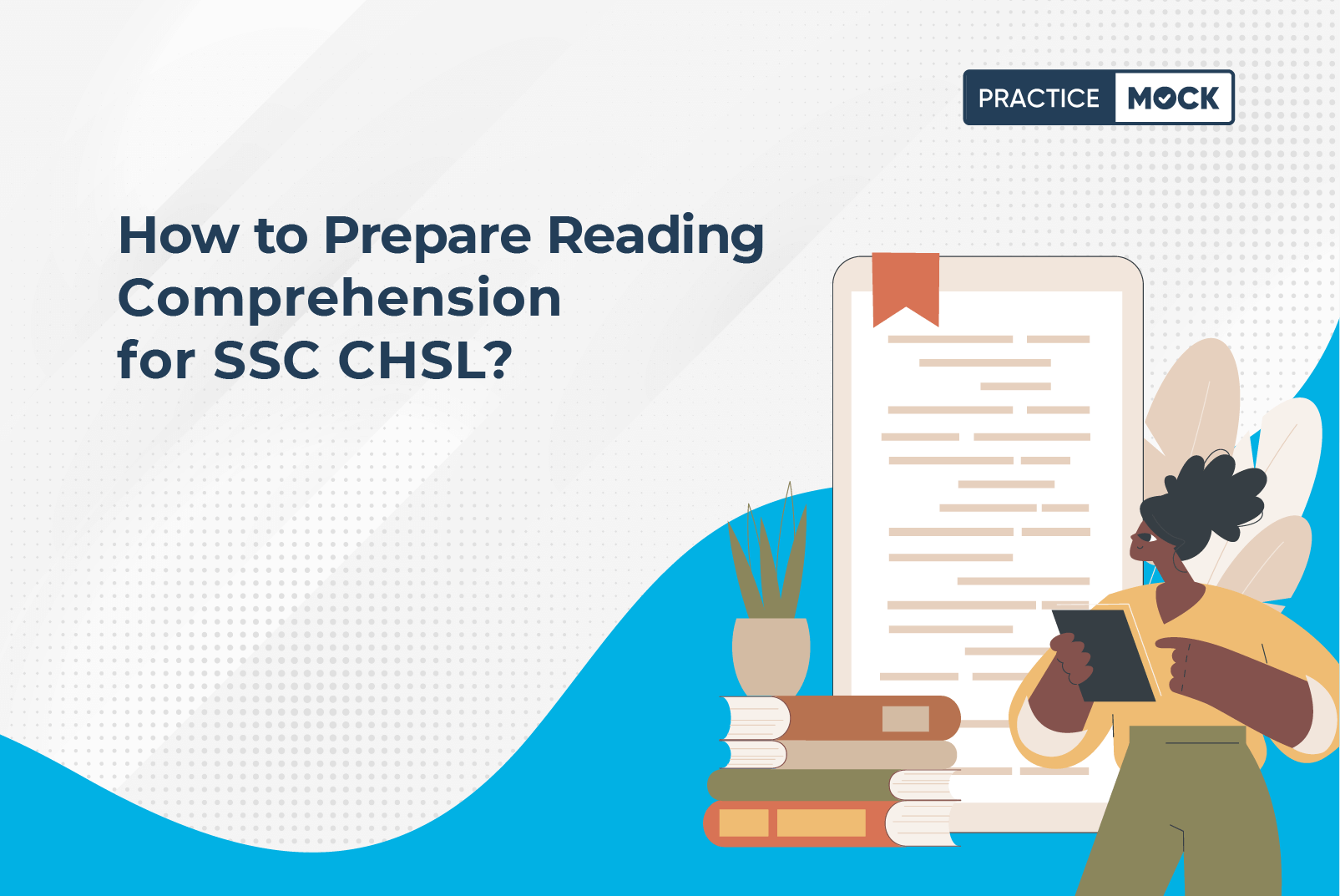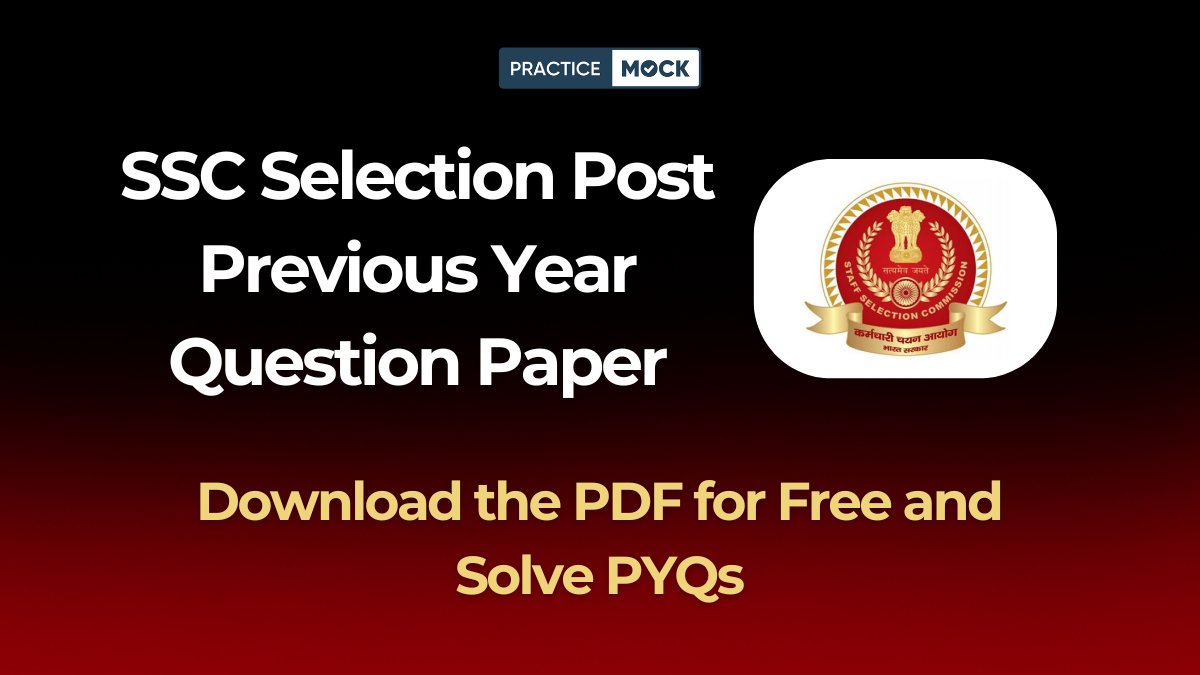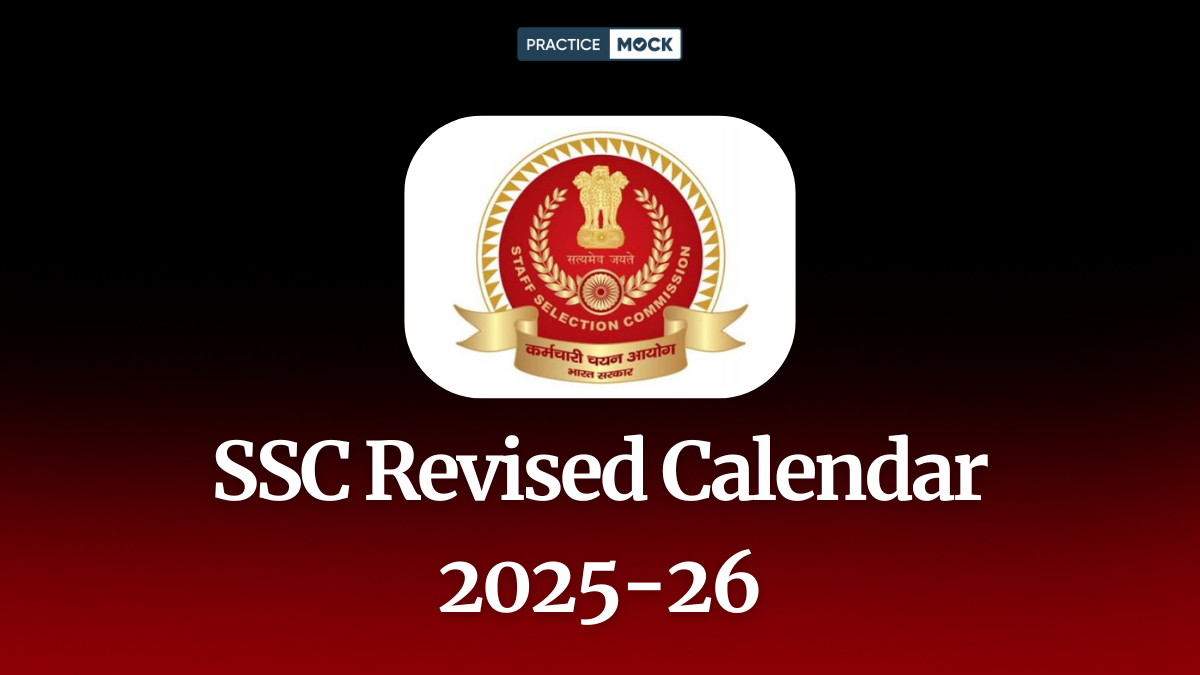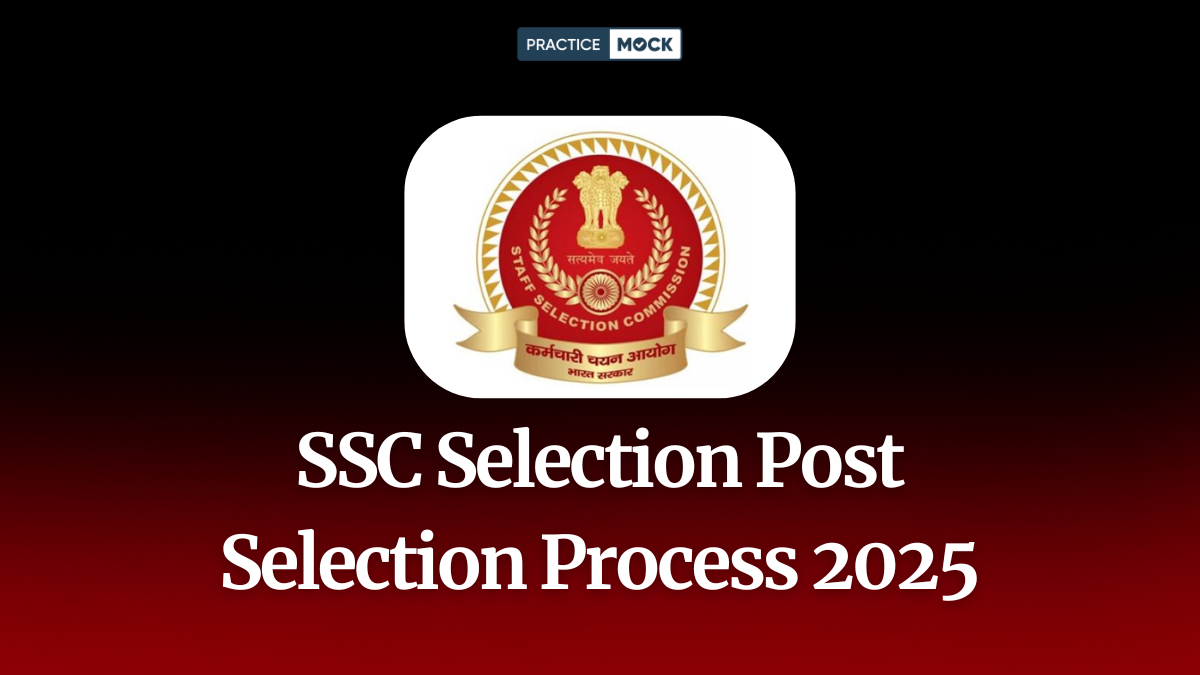How to Prepare Reading Comprehension for SSC CHSL?


The SSC CHSL exam is a competitive exam that is conducted by the Staff Selection Commission (SSC) in India. The exam is conducted for the recruitment of various posts in the Central Government. The exam consists of a number of sections, including General Awareness, Quantitative Aptitude, and English Language.
The English Language section of the SSC CHSL exam includes a number of questions on reading comprehension. Reading comprehension is the ability to understand what you have read. It is an important skill for a number of reasons. First, it allows you to understand the information that you are reading. Second, it allows you to make inferences and draw conclusions from the information that you have read. Third, it allows you to communicate your understanding of the information to others.
There are a number of things that you can do to prepare for reading comprehension questions on the SSC CHSL exam. Here are a few tips:


Read a variety of texts
The more you read, the better you will become at understanding what you have read. Make sure to read a variety of texts, including fiction, nonfiction, and news articles.
Take practice tests
There are a number of practice tests available online and in books. Taking practice tests will help you to get a feel for the types of questions that are asked on the SSC CHSL exam.
Learn the different types of reading comprehension questions
There are a number of different types of reading comprehension questions. Some common types of questions include:
- Factual questions: These questions ask you to find information that is explicitly stated in the text.
- Inferential questions: These questions ask you to make inferences from the information that is stated in the text.
- Critical thinking questions: These questions ask you to evaluate the information that is stated in the text and to form your own opinion.
Develop a reading strategy
A reading strategy is a plan that you use to help you understand what you have read. There are a number of different reading strategies that you can use. Experiment with different strategies to find one that works best for you.
Take your time
Don’t try to rush through the reading comprehension section of the SSC CHSL exam. Take your time and make sure that you understand what you have read before you answer the questions.
By following these tips, you can improve your reading comprehension skills and increase your chances of success on the SSC CHSL exam.
Here are some additional tips that may be helpful:
- Use a highlighter or sticky notes to mark important information in the text. This will help you to remember the information when you are answering the questions.
- Take notes as you read. This will help you to keep track of the main points of the text.
- Reread the text if you are not sure that you understand it. There is no shame in rereading the text. In fact, it is often necessary to do so in order to fully understand the information.
- Don’t be afraid to ask for help if you are struggling with a particular question. There are a number of resources available to help you, including your teacher, classmates, and online forums.
With hard work and dedication, you can improve your reading comprehension skills and succeed on the SSC CHSL exam. Here are some questions for your practice:
Questions for Practice
Directions: Read the following passage carefully and answer the questions.
For years, archaeologists and researchers have been trying to figure out where and when rice was first cultivated. There’s evidence that rice first came from Japan, Korea, China, even Australia. But a new study suggests the process to domesticate rice from its wild form likely began in southern China. In the early 2000s, archaeologists first discovered 18 prehistoric villages in the area of Shangshan along the Yangtze river with some evidence that the people were eating and perhaps cultivating rice. Rice hulls (hard protecting coverings of grains of rice) were used to strengthen their clay pottery and researchers also discovered early agricultural tools and large mortars and pestles used to de-hull rice. But it was not clear whether these early settlers were collecting wild rice or had begun to domesticate and cultivate rice.
While Chinese rice may be the earliest found so far, it doesn’t mean it’s the only place rice was developed. While researchers agree the rice variety known as japonica first appeared in China, some argue that another strain, known as indica was domesticated in an area between India and Indochina. Genetic studies show a third major variety, a drought-tolerant variety known as aus rice, was likely developed in the area of India and Bangladesh from wild strains.
Question 1: What did the ancient Chinese use rice hulls for?
A) To fertilize their crops
B) To strengthen their clay pottery
C) To drive away pests
D) To feed their livestock
Question 2: Which of the following was discovered by archaeologists as confirmation of the hypothesis that rice was first developed in China?
A) Empty storage containers for keeping rice
B) Vessels used to cook rice
C) Large containers of dried up rice
D) Agricultural tools, mortars and pestles used to de-hull rice
Question 3: In which of the following regions did drought-tolerant variety of rice develop?
A) India and Bangladesh
B) Myanmar
C) Vietnam and Cambodia
D) Japan
Question 4: Which of the following was not confirmed by the discovery of rice in ancient China by archaeologists?
A) Whether the rice cultivated here was rich in carbohydrates
B) Whether the settlers were the first to cultivate rice
C) Whether the settlers preferred rice or wheat
D) Whether the settlers were collecting wild rice or cultivating rice
Question 5: Which of the following rice varieties first appeared in China?
A) aus
B) indica
C) japonica
D) None of the above
Solution 1: B)
Refer to the lines: “Rice hulls (hard protecting coverings of grains of rice) were used to strengthen their clay pottery and researchers also discovered early agricultural tools and large mortars and pestles used to de-hull rice.” Thus, (b) is the right answer.
Solution 2: D)
Refer to the lines: “In the early 2000s, archaeologists first discovered 18 prehistoric villages in the area of Shangshan along the Yangtze river with some evidence that the people were eating and perhaps cultivating rice. Rice hulls (hard protecting coverings of grains of rice) were used to strengthen their clay pottery and researchers also discovered early agricultural tools and large mortars and pestles used to de-hull rice.” Thus, (d) is the right answer.
Solution 3: A)
Refer to the lines: “Genetic studies show a third major variety, a drought-tolerant variety known as aus rice, was likely developed in the area of India and Bangladesh from wild strains.” Thus, (a) is the right answer.
Solution 4: D)
Refer to the lines: “In the early 2000s, archaeologists first discovered 18 prehistoric villages in the area of Shangshan along the Yangtze river with some evidence that the people were eating and perhaps cultivating rice…But it was not clear whether these early settlers were collecting wild rice or had begun to domesticate and cultivate rice.” Thus, (d) is the right answer.
Solution 5: C)
Refer to the lines: “While researchers agree the rice variety known as japonica first appeared in China, some argue that another strain, known as indica was domesticated in an area between India and Indochina.” Thus, (c) is the right answer.
Don’t forget to follow us on Instagram.
Recent Posts
IBPS RRB Clerk Exam Pattern 2025, Check Prelims & Mains Section Wise Detailed Pattern
In this blog, we are providing IBPS RRB Clerk Exam Pattern 2025 with detailed sectional…
SBI PO Memory Based Paper 2025, Get Question Paper PDF, Answer key Status
Here we are providing the SBI PO Memory Based Question Paper 2025 along with the…
Is RBI Grade A Tough?
RBI Grade A seems challenging, but is it really? Learn the truth, exam pattern, and…
IBPS RRB Notification 2025, PO & Clerk Exam Date Out, Check All Upcoming Events
The IBPS RRB Notification 2025 is expected to be released in June 2025. candidates can…
SSC CGL Salary 2025, Check Pay Structure, Job Profile and Salary Slip
We have covered SSC CGL Salary 2025 post-wise, ranges Rs. 25,500 to Rs. 1,51,100 monthly.…
SSC CGL Syllabus 2025, Download Free PDF, Topic-wise Weightage
In this blog, we have provided the SSC CGL Syllabus 2025 and PDF for Tier…



